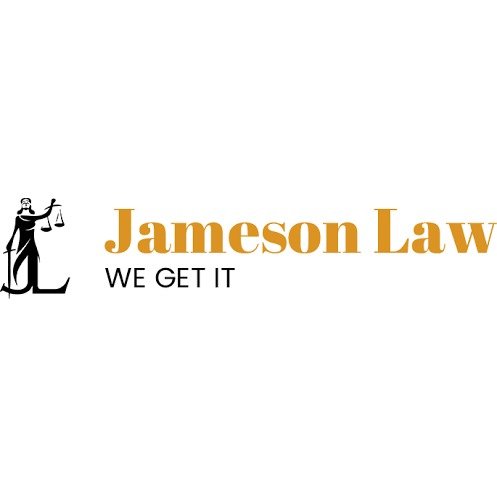Best Bail Bond Service Lawyers in Parramatta
Share your needs with us, get contacted by law firms.
Free. Takes 2 min.
List of the best lawyers in Parramatta, Australia
About Bail Bond Service Law in Parramatta, Australia
In Parramatta, Australia, the bail bond service plays a pivotal role in the judicial system. These services facilitate the temporary release of individuals accused of a wide range of offenses until their court appearance. The accused or a bail bondsman pays a specified amount to the court as assurance that the defendant will appear in court when ordered. The amount is returned if the accused indeed respects the court's order. If a bail bondsman paid the amount and the accused fails or refuses to appear in court, the court often imposes penalties upon the bail bondsman, which may, in turn, recover their loss from the accused.
Why You May Need a Lawyer
Common situations where legal advice is necessary in the bail bonding process may include: when the bail amount is beyond your financial capacity, when you need an authority to negotiate the bail amount, when the accused does not fully understand their rights in the process, or facing complex legal situations like crime-related offenses. Lawyers are also necessary when there's a need to appeal for lower bail, a change in bail bonds conditions, or getting understanding on any legal complexities relating to bail bonds. A lawyer can provide valuable advice and guidance in these situations.
Local Laws Overview
The New South Wales Bail Act 2013 governs the bail process in Parramatta. This law lays out the process and conditions for granting bail. The defendant, their lawyer, or a bail bondsman must apply for bail, after which it is up to the judge or magistrate's discretion to grant it. The court will consider factors like the nature and seriousness of the alleged offense, the defendant's community ties, past criminal history, and likelihood of re-offending when determining whether to grant bail and the amount of the bail.
Frequently Asked Questions
How does a bail bond work?
The bail bond works as a guarantee offered by the accused or a bail bondsman to the court that the accused will appear in all future court proceedings. If the accused fails to honour the agreement, the bail bond amount is forfeited.
How is the bail bond amount determined?
The bail bond amount is determined by a magistrate or a judge considering factors such as the seriousness of the alleged crime, the accused's previous criminal record and connection to the community, and likelihood of attending all court proceedings.
Can a bail bond be revoked?
Yes, a bail bond can be revoked if the accused violates the terms of the bail, such as failing to appear in court on the scheduled dates or committing another crime.
What happens if I cannot afford to pay my bail?
If you cannot afford to pay your bail, a family member, friend, or bail bond service can pay on your behalf. Alternatively, your lawyer can appeal to the court to lower the bail amount.
What is the role of my lawyer in the bail process?
Your lawyer can help in numerous ways, including negotiating a lower bail amount, explaining the bail process and its terms, and representing you in court.
Additional Resources
You may look into local Parramatta law firms that specialize in bail bonds. The Law Society of NSW offers legal resources and referral services. The NSW Bureau of Crime Statistics and Research (BOCSAR) provides reliable statistics and research in the area of crime and criminal justice, including bail-related matters.
Next Steps
If you need legal assistance in Bail Bond Service, start by seeking consultation from a reputable lawyer knowledgeable in this field. They will guide you on the next steps and represent your interests throughout the process. Simultaneously, familiarize yourself with the legalities surrounding bail bonds in Parramatta to fully understand the implications and obligations.
Lawzana helps you find the best lawyers and law firms in Parramatta through a curated and pre-screened list of qualified legal professionals. Our platform offers rankings and detailed profiles of attorneys and law firms, allowing you to compare based on practice areas, including Bail Bond Service, experience, and client feedback.
Each profile includes a description of the firm's areas of practice, client reviews, team members and partners, year of establishment, spoken languages, office locations, contact information, social media presence, and any published articles or resources. Most firms on our platform speak English and are experienced in both local and international legal matters.
Get a quote from top-rated law firms in Parramatta, Australia — quickly, securely, and without unnecessary hassle.
Disclaimer:
The information provided on this page is for general informational purposes only and does not constitute legal advice. While we strive to ensure the accuracy and relevance of the content, legal information may change over time, and interpretations of the law can vary. You should always consult with a qualified legal professional for advice specific to your situation.
We disclaim all liability for actions taken or not taken based on the content of this page. If you believe any information is incorrect or outdated, please contact us, and we will review and update it where appropriate.










